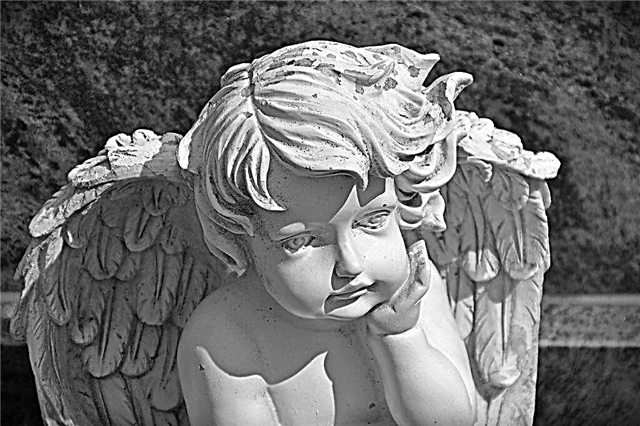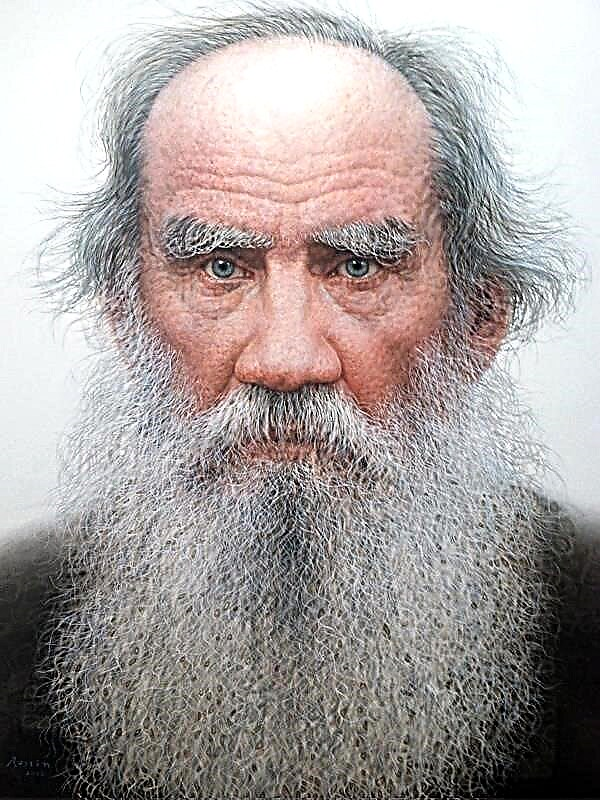(314 words) A.P. Chekhov treated people not only with potions and powders, but also with his writings. A subtle psychologist, combining irony and sympathy, Anton Pavlovich turned over the idea of drama and story.
By the end of the 19th century, the novel gave way to a pedestal of honor for the story. The story did not require scale and allowed you to focus on the details. At that time, Anton Pavlovich Chekhov became the king of this small form. The literary activity of the writer began in 1870. By that time, society was completely lost. The Creator noticed it this way:
Not the number of nervous diseases and nervous patients increased, but the number of doctors able to observe these diseases.
Chekhov's early work was humorous stories. It would seem that laughter cannot expose the vices of "social disease." But through him comes compassion. This is another feature of Chekhov the creator - the combination of satire and lyricism. So, Anton Pavlovich exposed false patterns of human life. Later, the writer will call this phenomenon a “case” and write the story “A Man in a Case”. In it, the author rebelled against the invariability and vulgarity of life in eternal fear of public opinion: “No matter what happens,” says Belikov, the hero of the story, and dies without ever knowing either love, inspiration, or recognition.
The profession of the author was reflected in creativity. The writer depicted life reliably and accurately, without distorting it. That is why the Chekhov playwright made the theater critics startle. He made the play alive. So, the writer tried to convey the shades of the soul, attitude and character:
It is necessary to create such a play where people would come, go, have dinner, talk about the weather, play screw, but not because the author needs it ....
In this manner of presentation, the author outlined a picture of being through individual moments. His contemporaries did not understand his theater, but foreign descendants fully appreciated it. When modernism shook the scene, its creators referred to Chekhov and said that it was he who became the harbinger of the acclaimed theater of the absurd. He created a phenomenon that hit the whole world!
The highest goal of the creative process, Anton Chekhov, considered the ousting of “a slave from a man”, therefore, all his works are filled with a call to open his eyes and get rid of the frames, stereotypes and patterns imposed by society and the state.


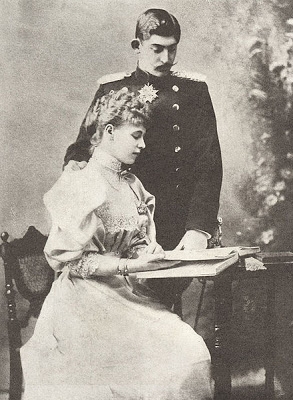
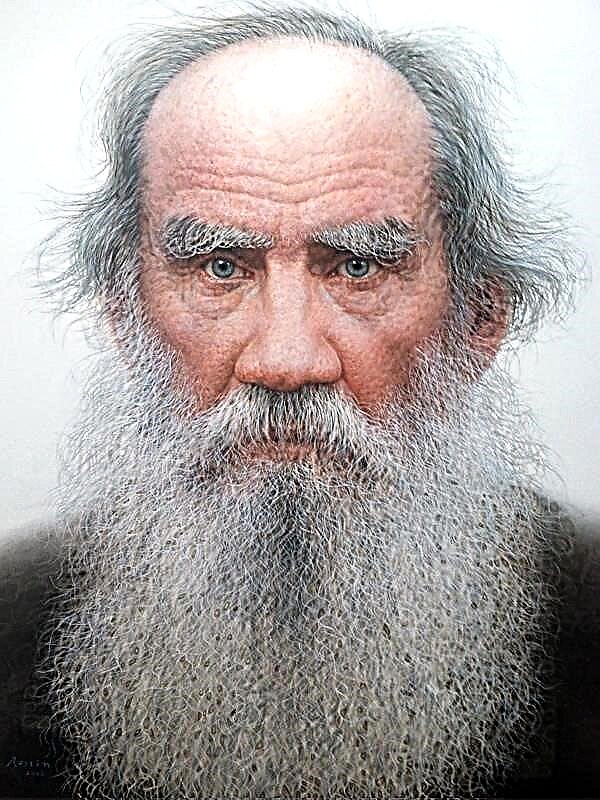


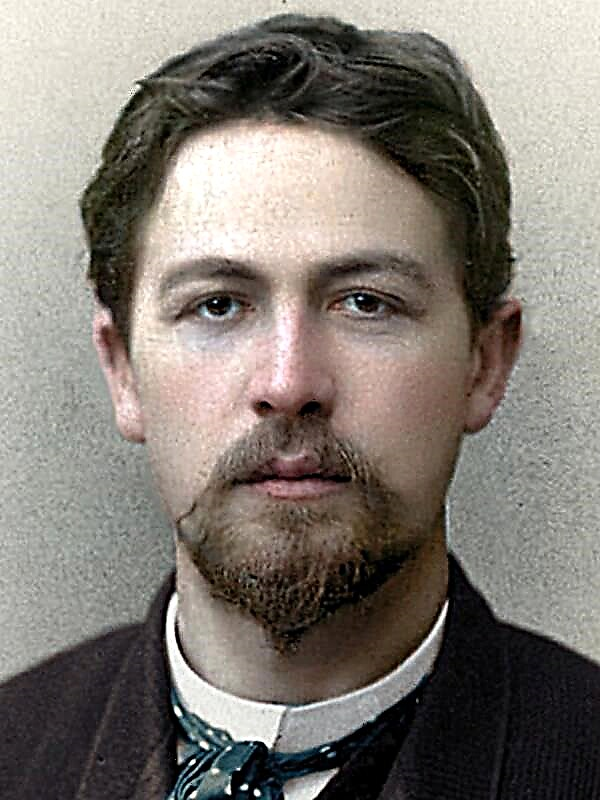
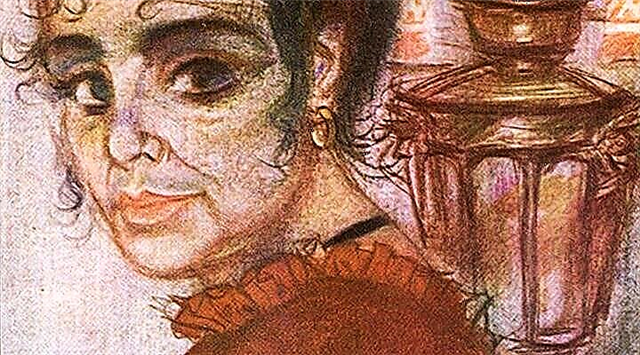 Dark alleys
Dark alleys